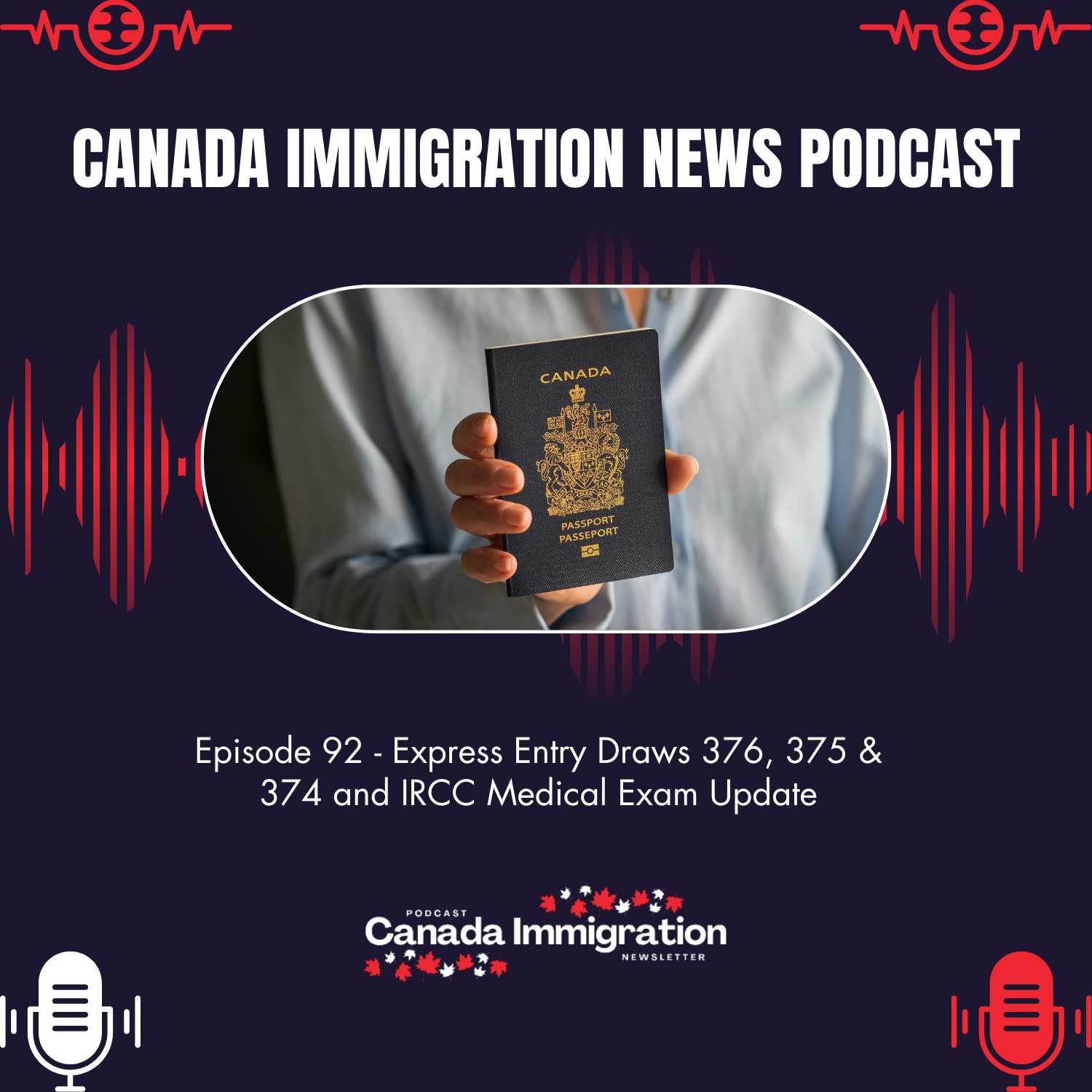Latest News
International Agreements Simplify Hiring of Temporary Foreign Workers in Canada

In an increasingly interconnected global economy, Canada continues to position itself as a leader in fostering international cooperation and labor mobility. Recent developments highlight how the country’s participation in various international agreements is creating new opportunities for both Canadian employers and temporary foreign workers (TFWs).
LMIA Exemptions: A Game-Changer for Canadian Employers
One of the most significant benefits emerging from these international agreements is the exemption from the Labour Market Impact Assessment (LMIA) for certain categories of TFWs. Traditionally, the LMIA process has been a crucial step for Canadian employers looking to hire foreign workers, designed to ensure that these hires do not negatively impact the domestic job market.
Key Agreements Facilitating TFW Hiring
Two major agreements stand out in this context:
- Canada-United States-Mexico Agreement (CUSMA): This North American trade pact, which replaced NAFTA, continues to facilitate labor mobility across the continent.
- Comprehensive and Progressive Agreement for Trans-Pacific Partnership (CPTPP): This agreement extends similar benefits to workers from several Pacific Rim countries.
These agreements, among others, allow Canadian employers to recruit TFWs from participating countries without the need for an LMIA, significantly streamlining the hiring process.
Who Benefits from These Exemptions?
The LMIA exemptions apply to a range of occupations, including:
- Traders
- Investors
- Professionals
This list is not exhaustive, and the specific categories can vary depending on the agreement in question.
Streamlining the Hiring Process
The exemption from the LMIA requirement offers several advantages:
- Faster Recruitment: Employers can bring in needed talent more quickly, responding to market demands with greater agility.
- Reduced Administrative Burden: The simplified process cuts down on paperwork and associated costs for both employers and workers.
- Enhanced Competitiveness: Canadian businesses can more easily access international talent, helping them stay competitive in the global market.
Ensuring Positive Impact on the Canadian Labour Market
While these agreements simplify the hiring process, they are designed with safeguards to protect the Canadian labor market. The underlying principle is that the employment of these TFWs should have either a positive or neutral impact on job opportunities for Canadians.
Broader Implications for Canada’s Economy
The facilitation of TFW hiring through these international agreements has several potential impacts:
- Skills Transfer: Bringing in foreign professionals can lead to knowledge and skills transfer, benefiting Canadian workers and industries.
- Economic Growth: Easier access to global talent can drive innovation and economic growth in key sectors.
- International Relations: These agreements strengthen Canada’s economic ties with partner countries, potentially leading to further cooperation in other areas.
Challenges and Considerations
While the LMIA exemptions offer clear benefits, they also raise some questions:
- How will this affect job opportunities for Canadian workers in the long term?
- Are there potential risks of abuse, and how can they be mitigated?
- How will these agreements evolve as global economic conditions change?
Looking Ahead: The Future of International Labor Mobility
As Canada continues to navigate the complex landscape of international trade and labor agreements, the country’s approach to TFWs will likely continue to evolve. The current framework, with its LMIA exemptions for certain categories of workers, represents a balanced approach that aims to meet the needs of Canadian employers while maintaining protections for the domestic workforce.
For Canadian businesses looking to leverage these agreements, it’s crucial to stay informed about the specific requirements and categories covered under each pact. Similarly, potential TFWs should familiarize themselves with the opportunities these agreements present, as they could open new pathways for working in Canada.
As the global economy continues to integrate, Canada’s participation in these international agreements showcases its commitment to remaining a key player on the world stage, fostering economic growth while promoting responsible and mutually beneficial labor practices.



























